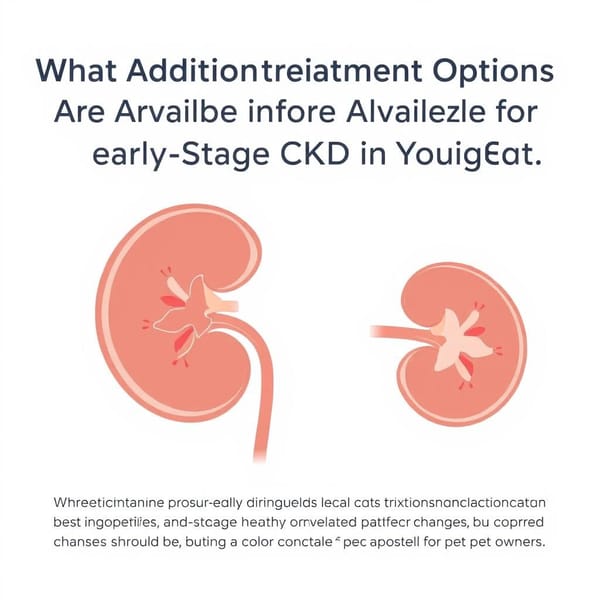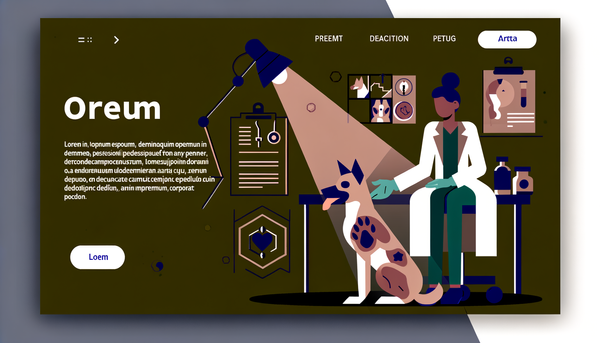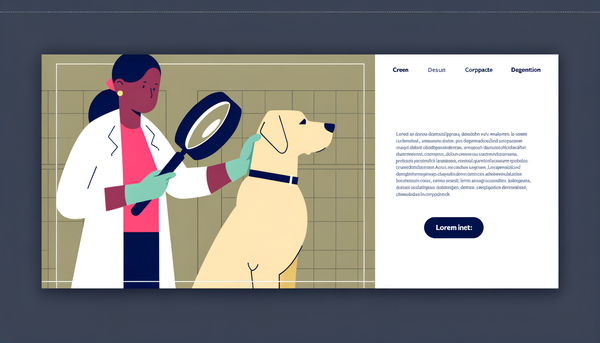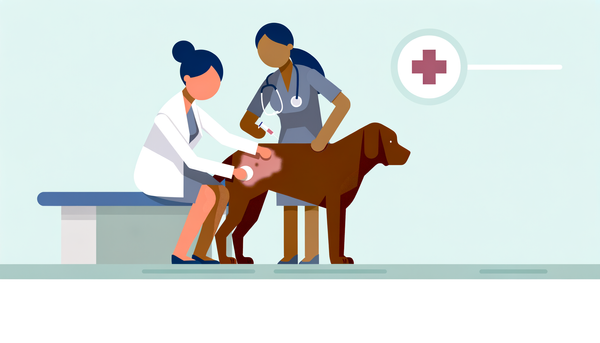Is This a Swollen Anal Gland in My Dog?
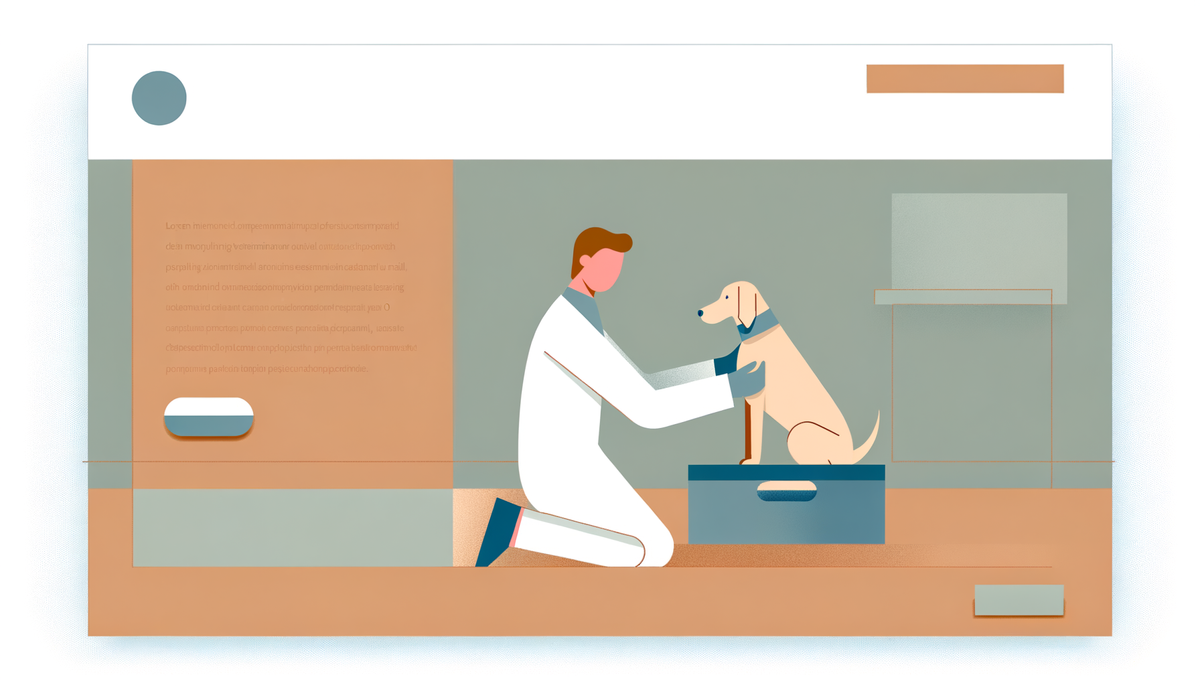
Question: Is this a swollen anal gland?
User Context: My dog has been biting at the butt and I noticed that lesion.
Source: Image provided by the user
Answer:
Recognizing Swollen Anal Glands in Dogs
It's common for dog owners to observe their pets scooting their buttocks on the ground, licking, or biting at their anal area. These behaviors can often indicate discomfort related to anal gland issues. Here’s what you need to know based on the symptoms you’ve described:
Possible Causes of the Lesion:
- Anal Sac Disease: This includes a range of conditions such as impaction, inflammation, and abscesses of the anal sacs. The anal glands, located on each side of the anus, can become clogged or infected, leading to serious discomfort for your dog.
- Perianal Fistula: This chronic condition can cause foul-smelling wounds in the tissues surrounding the anus, often prevalent in breeds like German Shepherds.
- Perianal Tumors: Tumors in the anal region can also manifest as lesions. They can be benign or malignant and may require surgical intervention.
- Rectal Tears: A tear caused by ingestion of sharp objects or trauma can lead to similar symptoms and should be treated immediately to avoid infection.
Signs of Anal Sac Disease
- Scooting: Dogs will commonly drag their rear on the ground to relieve irritation.
- Licking/Biting: Persistent licking or biting may indicate a problem in the anal area.
- Painful Defecation: Straining or visible discomfort when defecating.
- Swelling/Discolored Area: Redness, swelling, or lesions around the anus.
Diagnosis and Treatment:
Diagnosis usually involves a physical examination by a veterinarian, potentially including a digital rectal examination, microscopy, or even ultrasonography/biopsy if a tumor is suspected.
- Manual Expression: A veterinarian may express the contents of the anal sacs manually.
- Antibiotics/Anti-inflammatory Medication: If an infection is present, a course of antibiotics or anti-inflammatory medications will be administered.
- Hot Compresses: Applying hot compresses every 8-12 hours can alleviate abscesses.
- Surgical Intervention: In severe cases, especially with tumors or chronic issues, surgical removal of the anal sacs might be recommended.
When to See the Vet:
Given the signs you’ve observed, it is crucial to consult with a veterinarian as soon as possible to get a definitive diagnosis and appropriate treatment plan. Delaying veterinary care could lead to worsening of the condition and potentially more invasive treatments later on.
Preventive Measures:
- Regular Veterinary Check-ups: Regular check-ups can help identify and treat anal sac issues before they become severe.
- Dietary Adjustments: Adding fiber to your dog’s diet can help with the natural expression of anal glands during defecation.
- Hygiene: Maintaining good anal hygiene, including cleaning and monitoring the area, especially in susceptible breeds.
For further information on anal sac diseases, you can visit the authoritative resources here:
Stay calm and seek veterinary advice for the best care of your furry friend!
